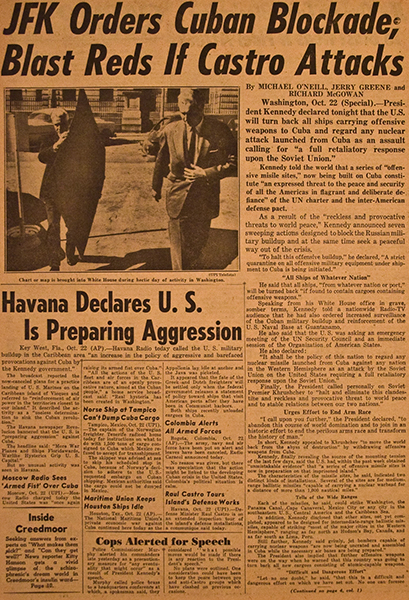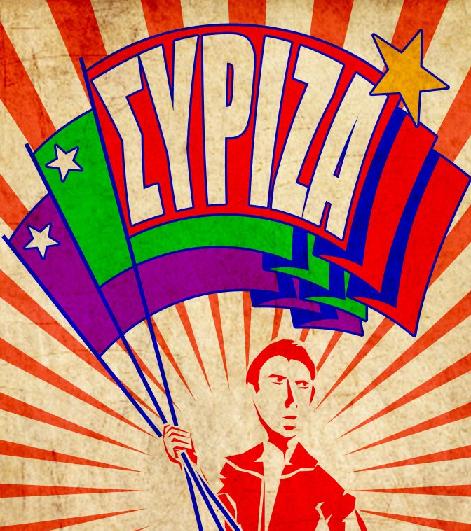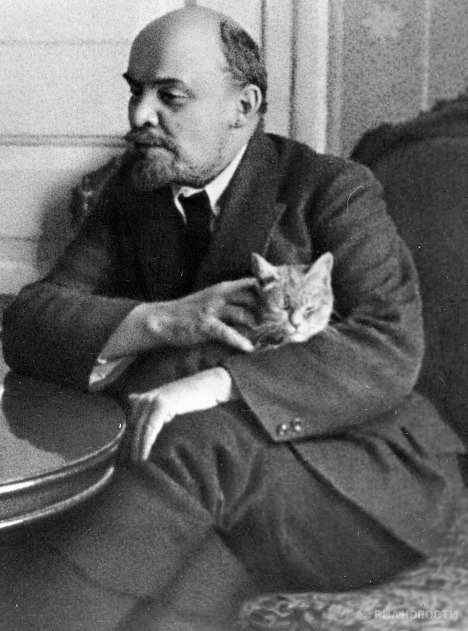history
Venezuela: The future of ‘21st century socialism’ after Chavez's victory

Supporters celebrate the president's re-election on October 7 outside the Miraflores presidential palace in Caracas. Photo by Tamara Pearson/Venezuelanalysis.com.
Click HERE for more coverage and analysis of the Venezuelan revolutionary process.
By Federico Fuentes
[En espanol @ http://links.org.au/node/3085]
October 28, 2012 -- Green Left Weekly -- Venezuela's President Hugo Chavez’s re-election on October 7 with more than 55% of the vote was vital for two reasons. First, the Venezuelan people blocked the return to power of the neoliberal right. Had they won, these US-backed forces would have worked to roll back important advances for the poor majority won since Chavez was first elected in 1998.
These include a huge expansion in government providing basic services (such as education, health and housing), the nationalisation of previous privatised strategic industries, and the promotion of popular participation in communities and workplaces.
C.L.R James: The historical development of the Negro in the United States (1943)
This article by Trinidad-born socialist C.L.R. James, written under the pseudonym J.R.
Cuba: The legacy of the October 1962 Missile Crisis

By Ike Nahem
The 'Marx party' -- Karl Marx's revolutionary household

The revolutionary legacy of Bhagat Singh: the 'Che Guevara' of South Asia

September 28, 2012, marked the 105th anniversary of the birth of South Asian revolutionary Bhagat

M.N. Roy.
[For more articles by John Riddell, click HERE; for more on the Communist International, click HERE.]
By John Riddell
September 25, 2012 -- Johnriddell.wordpress, posted at Links International Journal of Socialist Renewal with permission -- The newly published proceedings of the Communist International’s Fourth Congress, Toward the United Front, makes it possible for any socialist activist or independent researcher to make the acquaintance of a wide spectrum of revolutionaries of the 1920s, both prominent and obscure.[1] No guide or interpreter is needed.

[For more articles by John Riddell, click HERE; for more on SYRIZA, click HERE; for more on the Communist International, click HERE.]
By John Riddell
September 3, 2012 -- Johnriddell.wordpress.com/Links International Journal of Socialist Renewal -- In his review of my edition of the Communist International’s Fourth Congress (1922),[1] Ian Birchall warns against a “scriptural approach” to the Comintern record, but also affirms that studying it “can be of great value”. Where can this value be found? A controversy among Marxists over this year’s elections in Greece points our way to an answer.
Paul Le Blanc: The great Lenin debate -- history and politics

Lenin "favoured an organisation that functioned like a democratic, cohesive, activist collectivity".
By Lionel Bopage
A speech made on August 30, 2012, at a vigil to remember the disappeared in Sri Lanka on International Day of the Victims of Enforced Disappearances, at the State Library of Victoria, Melbourne, Australia.
August 30, 2012 -- Groundviews -- I am honoured to have been asked to speak at this vigil, to remember the disappeared in Sri Lanka on this important occasion of International Day of the Victims of Enforced Disappearances.
Sri Lanka is party to diverse declarations and conventions of the United Nations on human rights. Therefore, the main responsibility of protecting peoples’ rights lies with the government of the day.
South Africa: The massacre of our illusions … and the seeds of something new
By Leonard Gentle, director of the International Labour Research and Information Gro
